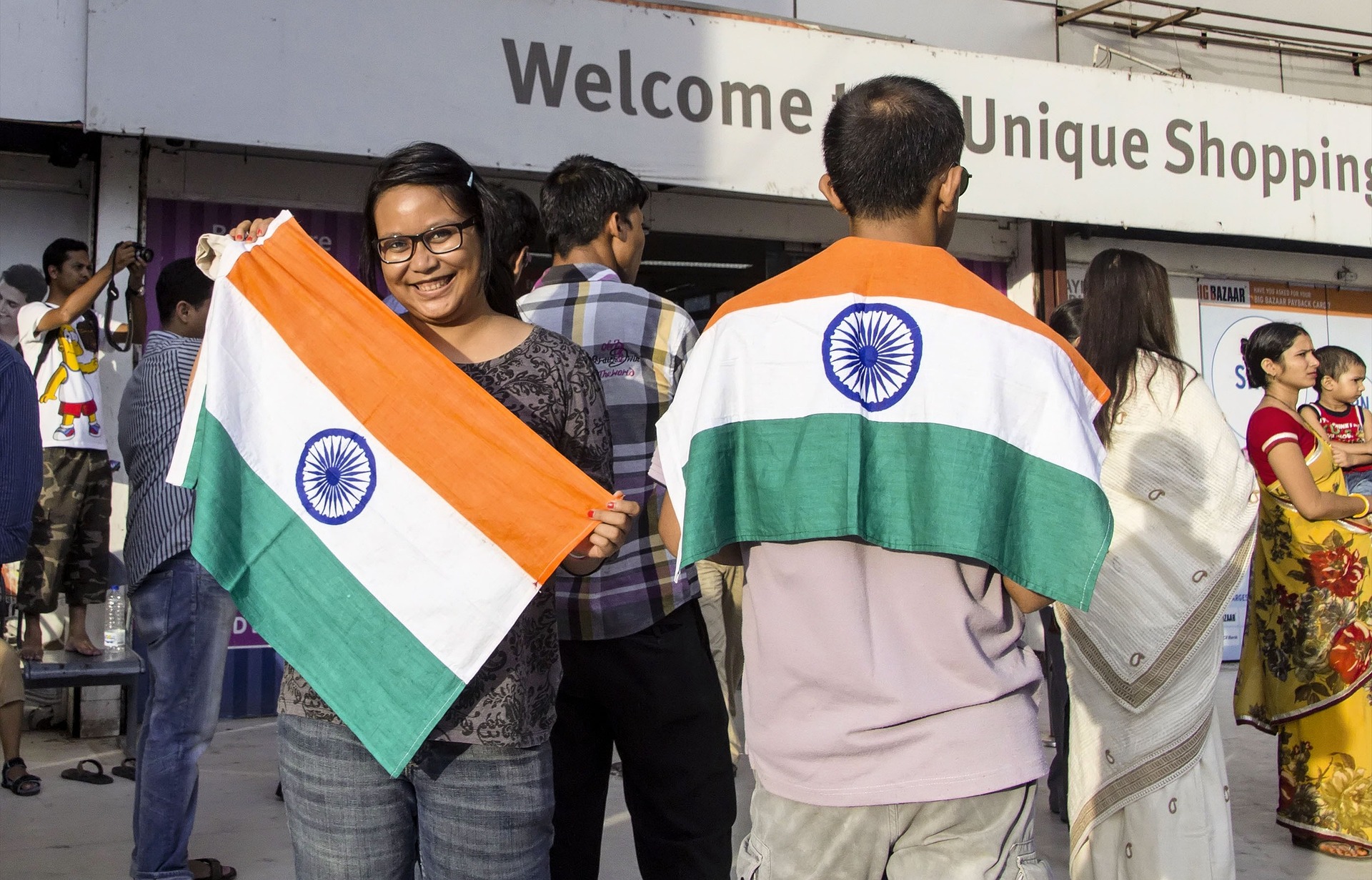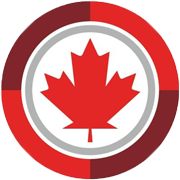The continuing diplomatic dispute between Canada and India will lead to slower visa processing for Indians who aim to come to Canada.
In a press conference in Ottawa on Thursday, October 19, Canada’s Immigration Minister Marc Miller confirmed this information.
The cause of the slowdown is India’s demand that Canada reduce the number of diplomats stationed in India.
Mélanie Joly, the Foreign Affairs Minister of Canada, said that 41 of Canada’s diplomats have already left India. Now, only 21 diplomats remain in India.
The dispute between the two countries follows an announcement by Canada’s Prime Minister Justin Trudeau on September 18 blaming India for murdering a prominent Sikh activist in Canada, Hardeep Singh Nijjar.
Miller said that Immigration, Refugees, and Citizenship Canada (IRCC) will be significantly decreasing the number of Canadian employees in India. IRCC staff is being lowered from 27 to just 5, according to an IRCC statement.
Canada will continue to accept and process any temporary or permanent resident applications from clients in India and Canadians with family in India. Nonetheless, the lower number of staff will have short-term repercussions. IRCC is attempting to mitigate the impact by adjusting the workload for Visa Application Centers (VACs) that currently process the majority of the applications from India, but they might need to do some work by email.
Thus, later processing and slower services can occur from India, said Miller. Clients may see that their applications are taking more time to process, questions may delay answering, and visas may take longer to be put in passports.

Third parties operate VACs and thus will continue to operate as normal. Applicants will still get administrative support, transmit passports, and submit biometrics at one of the IRCC’s ten centers in India.
Miller stressed that newcomers from India play a critical role in Canada, and IRCC will continue welcoming them. Canada’s Designated Learning Institutions (DLIs) will continue welcoming students, and the new application process will unfortunately be slower than before.
The IRCC announcement notes that they process most of the applications from India outside the country. It states that IRCC’s global network processes 89% of India’s applications. The five remaining IRCC staff members in India will concentrate “on work that needs an in-country presence, such as urgent processing, visa printing, risk assessment, and overseeing key partners.”
In line with Miller’s statements, the IRCC statement notes that Indian clients can envision delays in:
- overall processing times
- responses to their inquiries
- acquiring their visas or passports returned
India is by far Canada’s key source country for newcomers. In 2022, around 118,000 Indians became Canadian permanent residents. Which was 27% of the above 437,000 new permanent residents Canada welcomed. Additionally, Canada welcomed more than 226,000 Indian international students last year, or 41% of the over 551,000 new international students accepted by Canada. Almost 60,000 Indians became Canadian citizens in 2022.
Canada offers around 100 distinct economic-class immigration pathways. As a result of their English language proficiency and high levels of education, work experience, and skills, Indians are well suited to Canada’s immigration system. Many Indians prefer to study in Canada first before deciding whether to apply for permanent residence. Canada offers a fast-track study permit pathway called the Student Direct Stream (SDS), which is a famous option for Indians. IRCC data indicates over 95% of SDS applications originate from India.
Also read: Canada Express Entry




